Long-term Silviculture Experiments Contribute to Science-Based Forest Management in British Columbia's Public Forests
Data and Materials
-
Long-term Silviculture Experiments Contribute to Science-Based Forest Management in British Columbia's Public Forests PDFDate updated:October 1, 2025, 01:36 (UTC)
Organization
Natural Resources Canada
No description provided
Additional Info
| Field | Value |
|---|---|
| Author | A.K. Mitchell, A. Vyse, D.J. Huggard,W.J. Beese |
| Publication Year | 2015 |
| License | Other (Non-commercial) |
| Last Updated | October 1, 2025, 01:36 (UTC) |
| Created | October 1, 2025, 01:36 (UTC) |



